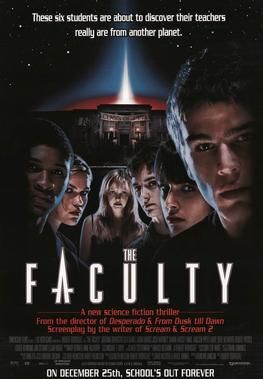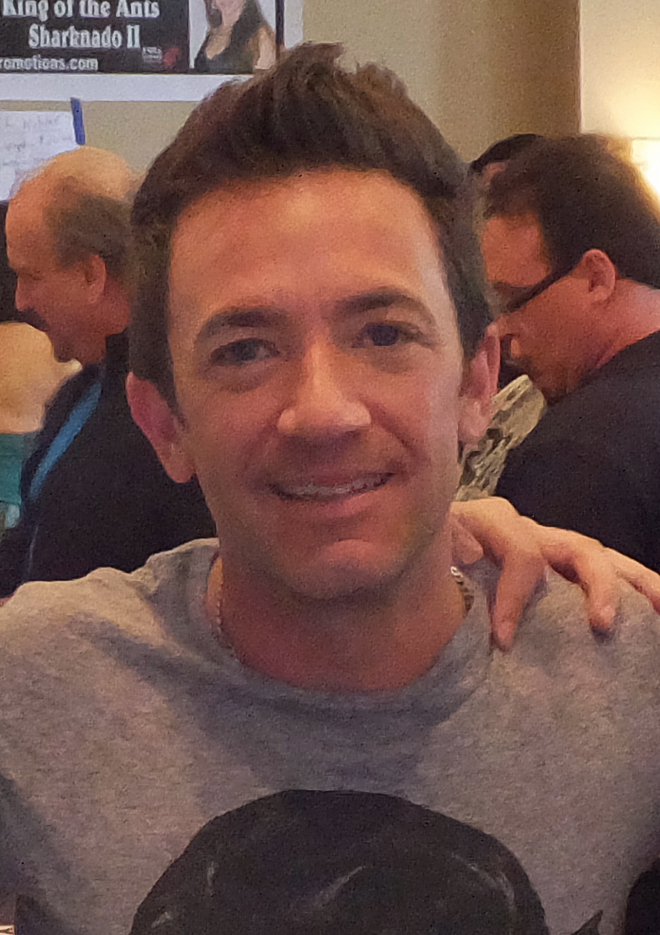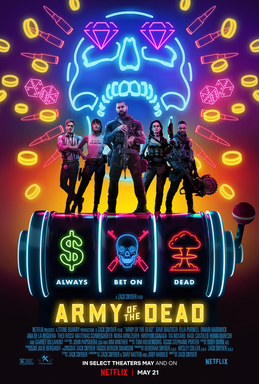
Hollywood is a realm of dreams, where stars are born overnight and legends are forged with a single, electrifying performance. We often hear the Cinderella stories, tales of actors plucked from obscurity and catapulted into superstardom, their names etched into the annals of film history. Yet, beneath this shimmering facade lies a more somber truth: for every meteoric rise, there’s often a precipitous fall, a career abruptly derailed, sometimes by a single casting decision or an unforeseen on-set event.
It’s a brutal industry, one where public perception can shift in an instant, turning a beloved icon into a pariah, or a promising talent into an industry outcast. A movie star might survive a flop or two, but some roles, some choices, or some unfortunate circumstances can completely upend an actor’s trajectory, leaving them out of work or forever changed in the eye of the public. This isn’t always fair, as historical trends show women often bear the brunt of career-shaking backlash, and numerous factors can contribute to a star’s downfall.
However, when an actor seems to vanish from the spotlight, or when their once-bright career dims, it can often be traced back to a specific film, a fateful casting, or a controversy that made their continued presence untenable. Today, we’re taking a deep dive into some of the most striking instances where actors found their careers permanently damaged, if not outright destroyed, by pivotal moments in their professional journey.

1. **Faye Dunaway in Mommie Dearest**Imagine being at the zenith of your career, with an Oscar for Network under your belt, only to have a single role redefine your public image in the most unflattering way possible. That was the harsh reality for Faye Dunaway after the 1981 release of *Mommie Dearest*. Adapted from Christina Crawford’s harrowing bestseller, the Joan Crawford biopic painted the legendary star as an “unhinged tyrant prone to chewing up her daughter as well as the scenery of every room she was in.” While the source material was certainly controversial, Dunaway’s no-holds-barred performance, intended to be intense, was widely perceived as over-the-top, drawing the worst reviews of her career and even a Worst Actress Razzie award.
The film’s brutal reception, particularly directed at Dunaway’s performance, inflicted a significant blow to her status as a leading lady. Her powerful, dramatic portrayals that once garnered critical acclaim were now viewed through the lens of *Mommie Dearest*’s campy excess. It effectively “took a pick-axe to her leading-lady roles,” as described by the context, severely limiting the types of projects she was offered afterwards. Dunaway herself was so profoundly embarrassed by the film that she rarely spoke about it for decades, a testament to the deep impact it had on her professional and personal life.
In a rare moment of reflection in 2016, Dunaway candidly expressed the long-lasting damage: “’That film turned my career in a direction where people would irretrievably have the wrong impression of me,’” she stated. She lamented the difficulty of overcoming such a pervasive public image, adding: “’That’s an awful hard thing to beat. I should have known better, but sometimes you’re vulnerable and you don’t realise what you’re getting into.’” This sentiment highlights the vulnerability of actors to roles that, despite their best intentions, can irrevocably shape how they are perceived by the industry and audiences alike. The decision to take on such an explosive, larger-than-life character proved to be a career-defining, and ultimately, career-derailing moment for the talented actress.
Read more about: The 16 Most Drop-Dead Gorgeous Actors and Actresses Who Defined 1970s Hollywood
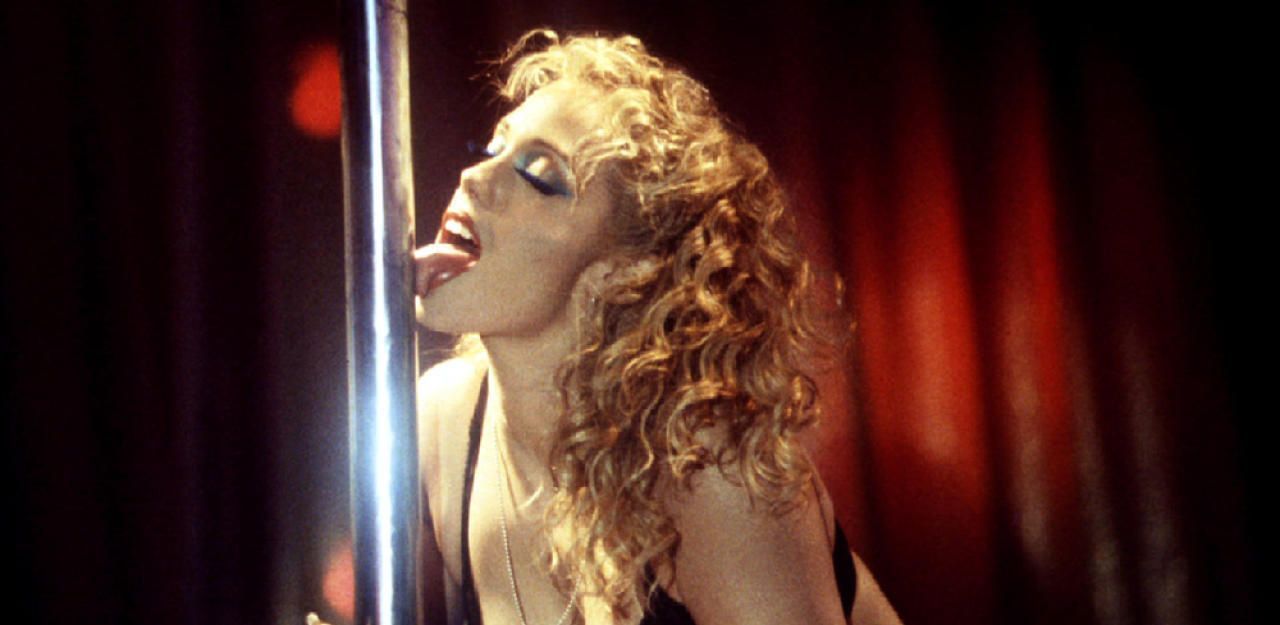
2. **Elizabeth Berkley in Showgirls**In 1995, the entertainment world buzzed with anticipation for *Showgirls*. This wasn’t just any film; it marked a much-hyped reunion between Paul Verhoeven, the visionary director, and Joe Eszterhas, the prolific screenwriter, both fresh off their massive success with *Basic Instinct*. At the center of this ambitious project was Elizabeth Berkley, a former *Saved by the Bell* actor, whose casting was widely expected to mirror Sharon Stone’s career-launching turn in Verhoeven’s previous hit, rocketing Berkley into the upper echelons of Hollywood stardom. The stage was set for her grand cinematic debut, a promising transition from teen TV idol to serious leading lady.
Then, the film actually hit theaters, and the reality was starkly different from the high expectations. *Showgirls* was met with a dismal initial response from critics and audiences alike, largely savaged upon its release. While its reputation has, quite rightly, seen a significant turnaround in the decades since, with some even appreciating Berkley’s undeniably mesmerizing, albeit broad, performance, its immediate reception was catastrophic. The film’s failure “cratered Berkley’s fledgling movie career practically overnight,” leaving her sidelined in an industry that had previously seemed so eager to embrace her.
The experience was deeply scarring for Berkley. In 2020, she recalled the profound cruelty surrounding the film’s backlash, stating: “‘There was so much cruelty around it. I was bullied. And I didn’t understand why I was being blamed.’” She articulated the fundamental role of an actor, explaining: “‘The job as an actor is to fulfil the vision of the director. And I did everything I was supposed to do.’” Her powerful indictment continued as she highlighted the lack of support: “‘No one associated with the film spoke up on my behalf to protect me. I was left out in the cold and I was a pariah in the industry I had worked so hard for.’” Her story remains a cautionary tale of how a single casting decision, coupled with intense public scrutiny, can devastate a promising career, particularly when an actor feels unprotected by the very system that promoted them.
Read more about: The Enduring Simplicity: Queen Elizabeth II’s Two-Ingredient Lunch That Fueled a Lifetime of Duty and Health

3. **Sofia Coppola in The Godfather: Part III**When Francis Ford Coppola embarked on *The Godfather: Part III*, a return to his iconic crime saga, he faced a last-minute casting conundrum. Due to the unavailability of several other actors, his own daughter, Sofia Coppola, was pulled into the movie to play Michael Corleone’s doomed teenage daughter, Mary. This decision, born out of necessity rather than a planned acting career for Sofia, would inadvertently become a pivotal, albeit brief, moment that concluded her acting aspirations almost as soon as they began, steering her towards a different, ultimately far more celebrated, path in filmmaking.
Upon the film’s release on Christmas Day in 1990, Sofia Coppola’s performance was widely panned by critics. One newspaper infamously described her as “hopelessly amateurish,” a stinging critique that echoed across reviews. This sudden and intense public scrutiny, directed at someone who hadn’t actively sought an acting career, was undoubtedly a difficult experience. The pressure of stepping into such a high-profile role, especially within a franchise as revered as *The Godfather*, and being subjected to such harsh judgment, would be enough to deter anyone.
However, Sofia Coppola’s perspective on the ordeal reveals a remarkable resilience. In 2020, she reflected on the experience, noting: “‘It was embarrassing to be thrown out to the public in that kind of way. But it wasn’t my dream to be an actress, so I wasn’t crushed. I had other interests. It didn’t destroy me.’” This candid admission underscores that while the casting decision effectively ended her acting career after only two more minor, mostly dialogue-free roles (including a blink-and-you’ll-miss-it appearance in *Star Wars Episode I – The Phantom Menace*), it inadvertently set her free. Free to pursue her true passion, Sofia Coppola transitioned behind the camera, eventually becoming one of Hollywood’s most celebrated female directors, known for critically acclaimed films like *The Virgin Suicides*, *Lost in Translation*, and *Marie Antoinette*. Her story, therefore, is a unique twist on career destruction, leading to a truly happy and successful ending in an entirely different creative domain.
Read more about: Hollywood’s Unscripted Dramas: 15 Roles That Forever Altered Actor Careers and Legacies
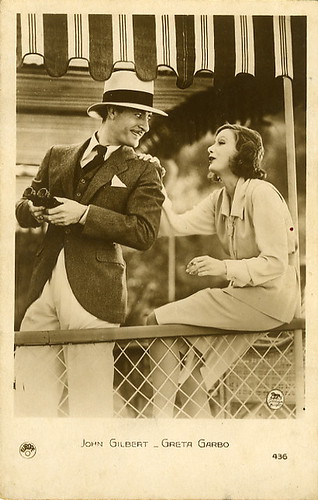
4. **John Gilbert in His Glorious Night**John Gilbert was an undisputed silent movie superstar, renowned for his captivating good looks and charismatic romantic leads. He was a bona fide box-office draw, his on-screen presence alone enough to ensure packed theaters. However, the advent of sound cinema, the revolutionary “talkies,” brought with it a new set of challenges and, for some, career-ending obstacles. Gilbert’s transition to this new era was marked by the release of *His Glorious Night* in 1929, a film that, on paper, seemed perfectly aligned with his established persona: a military officer falling in love with a princess.
Yet, the film proved to be a critical turning point for all the wrong reasons. Gossip and industry whispers quickly spread that audiences were reportedly bothered by the actor’s “squeaky voice,” a vocal quality previously concealed by the nature of silent films. This perceived vocal flaw, whether genuine or exaggerated, rapidly became the defining narrative of his foray into sound, shattering the romantic illusion he had so carefully cultivated. It was an unforeseen, devastating blow to his meticulously crafted on-screen image, and a cruel irony that the very element meant to enhance realism ultimately destroyed his appeal.
While Gilbert’s family has long disputed the “squeaky voice” claim, alleging that his career was maliciously sabotaged by a powerful studio boss, Louis B. Mayer, who disliked him, the outcome was undeniable. Whatever the truth behind the vocal critiques or the alleged studio machinations, Gilbert’s career plummeted in the wake of *His Glorious Night*. The magic of his silent era stardom simply couldn’t translate to the new sound landscape, or at least, the public was convinced it couldn’t. Tragically, he died at the young age of 38, following a battle with alcoholism, his once-glorious career a stark casualty of Hollywood’s rapid evolution and a single, ill-fated casting decision in the brave new world of talkies.
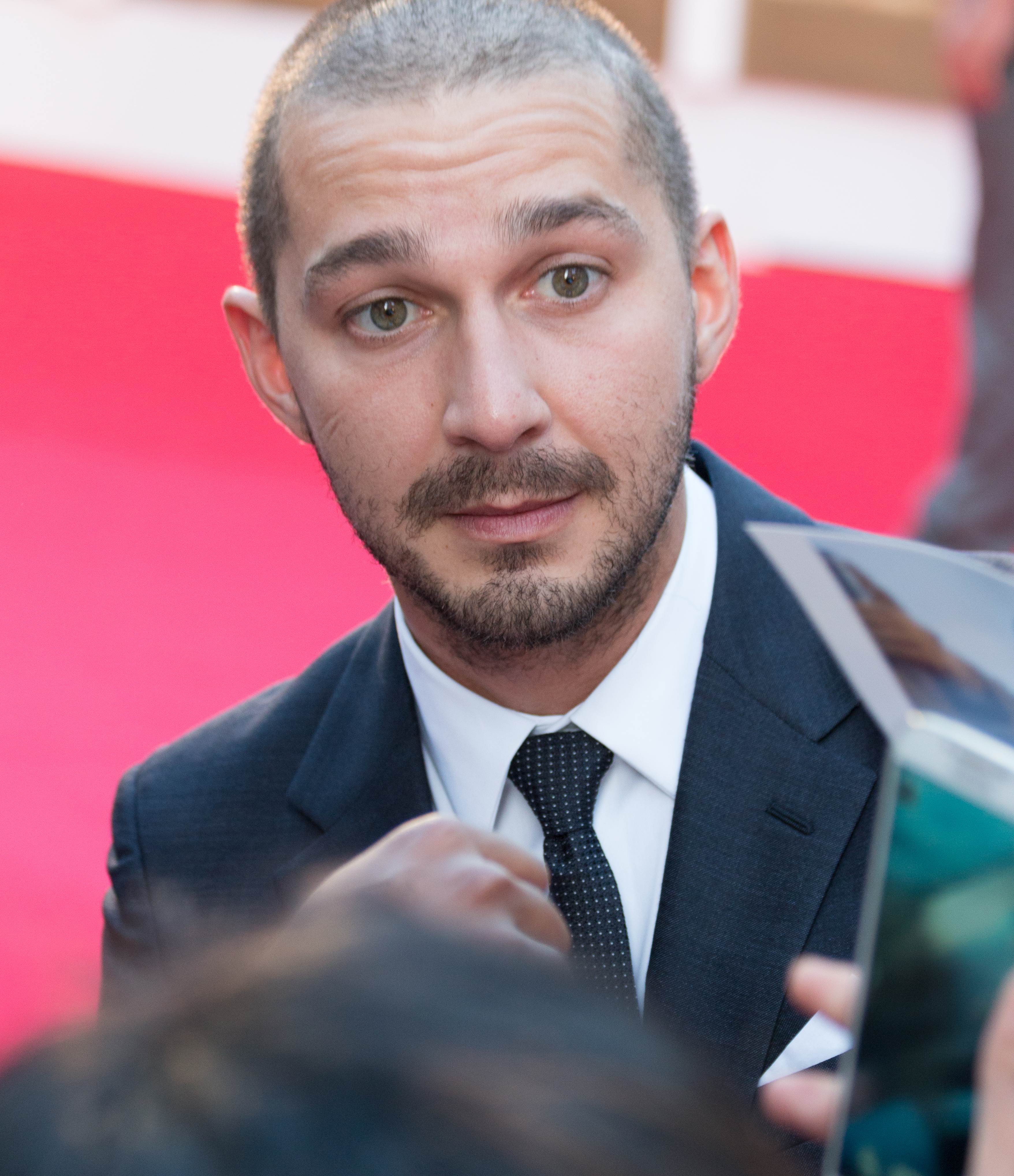
5. **Shia LaBeouf: Dropped from *Don’t Worry Darling***Shia LaBeouf, once a prominent child star, seemed destined for lasting success in the 2010s, effortlessly transitioning between blockbuster franchises like *Transformers* and *Indiana Jones* to critically acclaimed indie features such as *Honey Boy*. Despite being a polarizing figure with a history of run-ins with the law, his talent and critical success remained largely undeniable. He embodied the complex artist, pushing boundaries both on and off-screen, maintaining a somewhat chaotic but compelling public persona that, for a time, only added to his mystique.
However, his career took a dramatic and irreversible turn in 2020 when his ex-girlfriend, FKA twigs, publicly accused him of sexual assault, battery, and infliction of emotional distress, even alleging he knowingly gave her an STD. These harrowing claims were quickly echoed by other past girlfriends, who shared similar stories of troubling behavior. While LaBeouf initially responded by claiming “many of these allegations are not true,” he later, in 2022, acknowledged the harm he had caused: “‘I hurt that woman. And in the process of doing that, I hurt many other people, and many other people before that woman.’”
The immediate professional fallout was swift and severe. Just before these allegations surfaced, LaBeouf was abruptly dropped from Olivia Wilde’s highly anticipated film *Don’t Worry Darling*. Wilde later confirmed his replacement by Harry Styles, citing his “combative energy” and inability to foster a “safe and trusting work environment” on set, adding: “‘A lot came to light after this happened that really troubled me, in terms of his behavior.’” While LaBeouf later countered that he had left the production on his own, the perception of him being replaced due to his alleged conduct solidified. Since 2020, his acting projects have been minimal, and with an upcoming trial coinciding with a potential film release, a full comeback appears increasingly unlikely, marking a significant and potentially permanent end to his mainstream career.

6. **Stephen Collins: Fired from *The Fosters* and *Ted 2***Stephen Collins was a face synonymous with wholesome family values, best known for his long-running role as the beloved patriarch Reverend Eric Camden in the popular 90s and 2000s series *7th Heaven*. His image was one of warmth, moral integrity, and a comforting presence, making him a household name and a trusted figure in millions of homes. This public perception of a kind, upstanding family man was central to his career and reputation, built over decades of consistent, well-received performances.
However, this carefully constructed image shattered irrevocably in 2014 when he was publicly exposed for having sexually abused multiple young girls between the 1970s and 1990s. The allegations were devastating, and Collins himself admitted to the acts in an interview with *People* magazine, stating: “‘Forty years ago, I did something terribly wrong that I deeply regret. I have been working to atone for it ever since,’” while denying any similar actions since. The confession sent shockwaves through the industry and among his former fans, completely dismantling his public persona and rendering his previous work in a new, horrifying light.
The professional consequences were immediate and absolute. Collins was swiftly fired from his role in *The Fosters*, a show where he had a recurring part, and was also removed from the cast of the film *Ted 2*. These terminations were not mere setbacks; they signaled an industry-wide rejection. Since these revelations and subsequent firings, Stephen Collins has appeared in no new projects. His career was not just derailed; it was entirely extinguished, serving as a stark reminder that severe personal misconduct, once brought to light, can lead to an instant and permanent expulsion from the entertainment world, regardless of past success or public image.
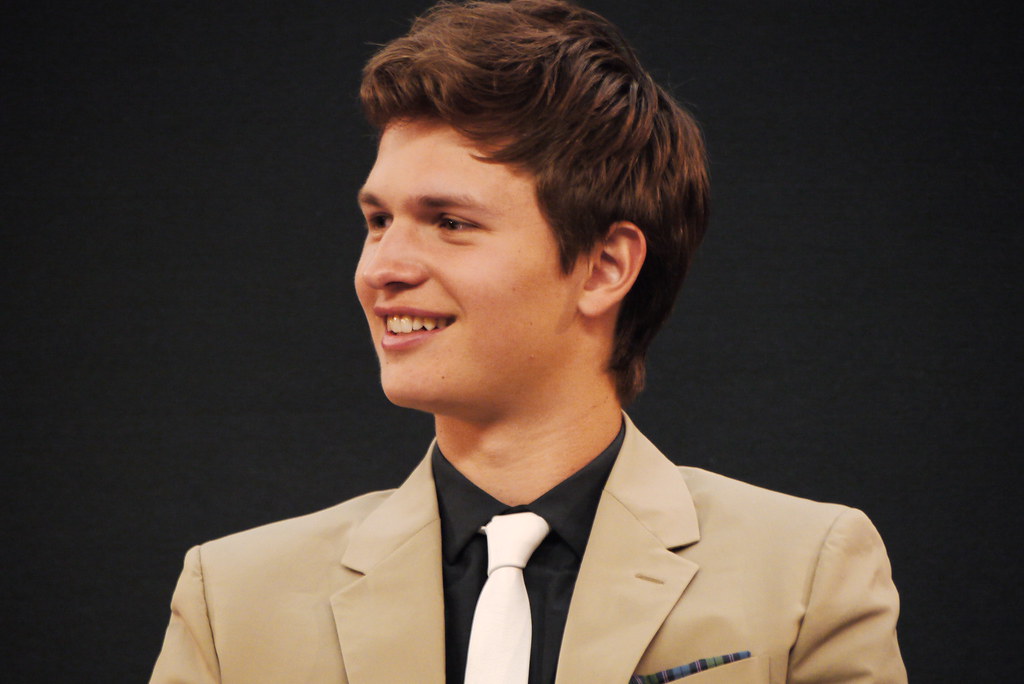
7. **Ansel Elgort: From Rising Star to Retreat**Ansel Elgort was truly on the cusp of mega-stardom. With a string of successful films under his belt and the highly anticipated lead role in Steven Spielberg’s *West Side Story* remake, he was poised to become a household name, the kind of charming, talented actor everyone wanted to see on screen. His career trajectory seemed unstoppable, building a strong fanbase with his engaging performances and appealing persona. The world was watching, eagerly awaiting his next big move.
However, that bright future took a dramatic detour in 2020. Accusations surfaced online from a woman claiming Elgort had sexually assaulted her when she was 17 and he was 20 in 2014. These claims were quickly followed by other women sharing stories of troubling behavior, including one who recounted receiving a ‘dick picture’ from him when she was in eighth grade. Elgort vehemently denied the sexual assault, stating, “I have never and would never assault anyone,” and claiming his relationship with the initial accuser was consensual.
In the wake of these allegations, Elgort largely vanished from the public eye. He notably did very little press for *West Side Story*, a film where he was supposed to be a central figure, leading to an awkward situation where even its original trailer barely featured him. His costars were often left to field uncomfortable questions about the allegations in his absence, a stark indicator of the professional quagmire he found himself in. His subsequent role in the show *Tokyo Vice* was met with mixed reviews, with one critic lamenting, “His presence makes a good show hard to bear,” before the show ultimately did not receive a third season. Now, he appears to be pivoting towards art, hosting exhibitions of his calligraphy, photography, and ceramics in Japan, a clear signal of a career shift from the Hollywood limelight he once chased.
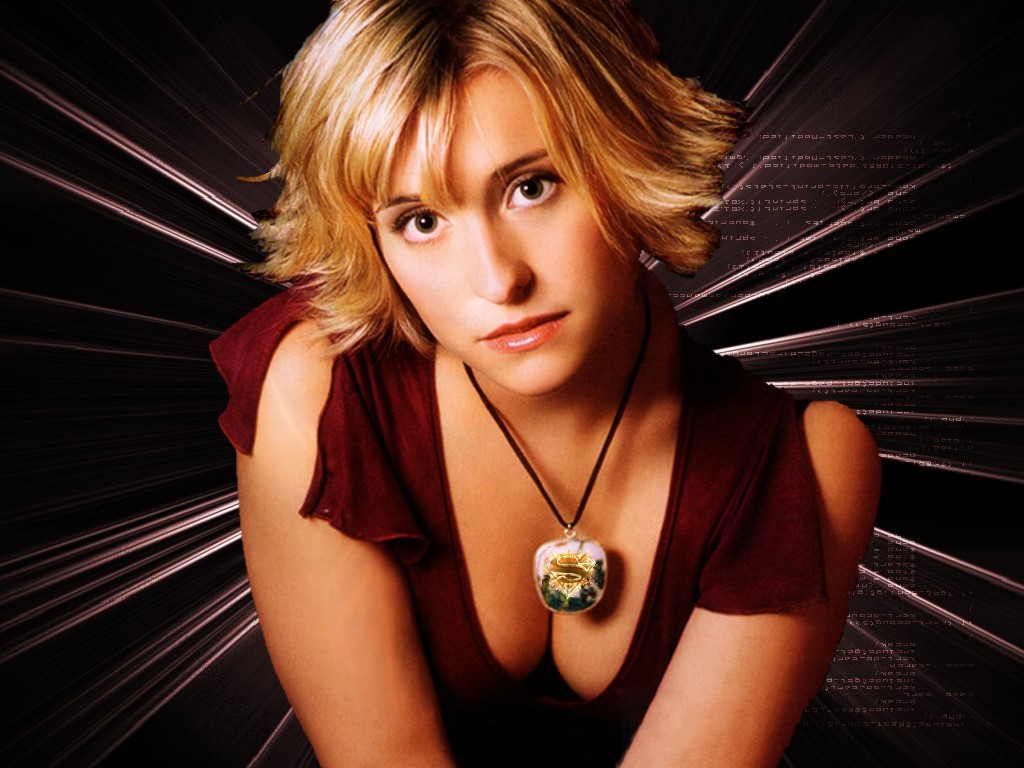
8. **Allison Mack: From *Smallville* Hero to Cult Convict**For fans of the long-running superhero series *Smallville*, Allison Mack was a familiar and beloved face, known for her portrayal of Chloe Sullivan. She seemed to have a promising career ahead of her in the 2000s, carving out a niche as a talented and recognizable actress. Her post-*Smallville* career had momentum, with expectations she would continue to land significant roles.
However, her life took a truly dark and unexpected turn when she became deeply entrenched in NXIVM, a “personal development company” that was later exposed as a notorious multi-level marketing scheme and a dangerous cult. Mack’s involvement escalated to a shocking degree, leading to her arrest in 2017 on charges of sex trafficking and forced labor. She was revealed to have been a high-ranking leader in a secretive sex cult within NXIVM, allegedly involved in the horrifying practices of starving and branding women, effectively enslaving them. This grotesque reality shattered any semblance of her previous public image.
Mack was released last year, but any return to acting seems highly improbable, if not entirely impossible. Her last acting credit, aside from a voice role in a 2017 animated series where her lines were later re-recorded and she was replaced after her arrest, dates back to 2015. The devastating revelations and subsequent criminal conviction have irrevocably stained her professional life, ensuring that her legacy is forever linked to the NXIVM scandal, rather than her television career. Her story is a chilling example of personal choices leading to a catastrophic and permanent career collapse.
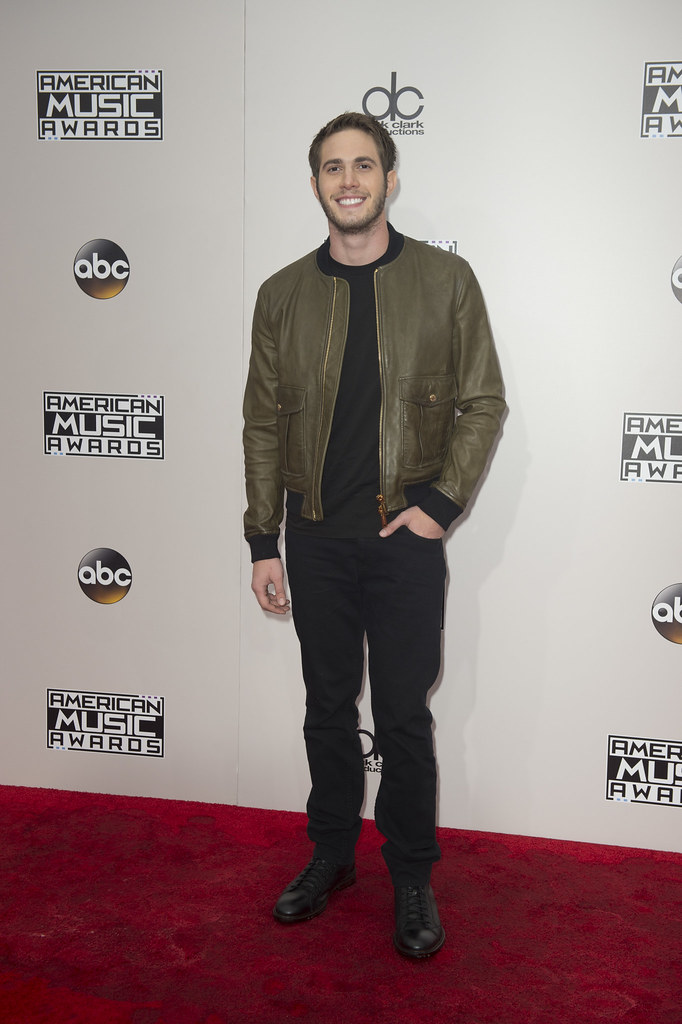
9. **Blake Jenner: Abuse Allegations and a Stalled Ascent**Blake Jenner was a recognizable talent who had successfully transitioned from winning *The Glee Project* to starring in *Glee* itself, captivating audiences with his singing and acting chops. He further cemented his promising career with a praised performance in *The Edge of Seventeen*, indicating a bright future in both television and film. He had the charm and talent that Hollywood often bets big on, and seemed well on his way to becoming a prominent figure in young adult cinema.
However, his trajectory hit a severe snag in 2019 following harrowing abuse allegations made by his ex-wife, actress Melissa Benoist. Benoist detailed a pattern of physical and emotional abuse during their marriage, which Jenner later publicly admitted to, stating, “I take full responsibility and accountability for the hurt that I inflicted.” In a complex twist, he also accused Benoist of abuse, painting a picture of a toxic and mutually destructive relationship. Regardless of the complexities, the allegations against him had an immediate and chilling effect on his professional standing, making him a persona non grata in many industry circles.
The professional fallout was undeniable and swift. Since the allegations came to light, Jenner has appeared in only a single straight-to-VOD project and one TV movie, a stark contrast to his earlier momentum. He was notably replaced by Paul Mescal in the highly anticipated stage production of *Merrily We Roll Along*, a role that could have significantly revived his career. Adding to his woes, Jenner was also arrested on a DUI last year, further cementing an image of personal turmoil. His once-promising career, once seemingly destined for bigger roles, has largely been put on indefinite hold, with little sign of a significant comeback anytime soon.
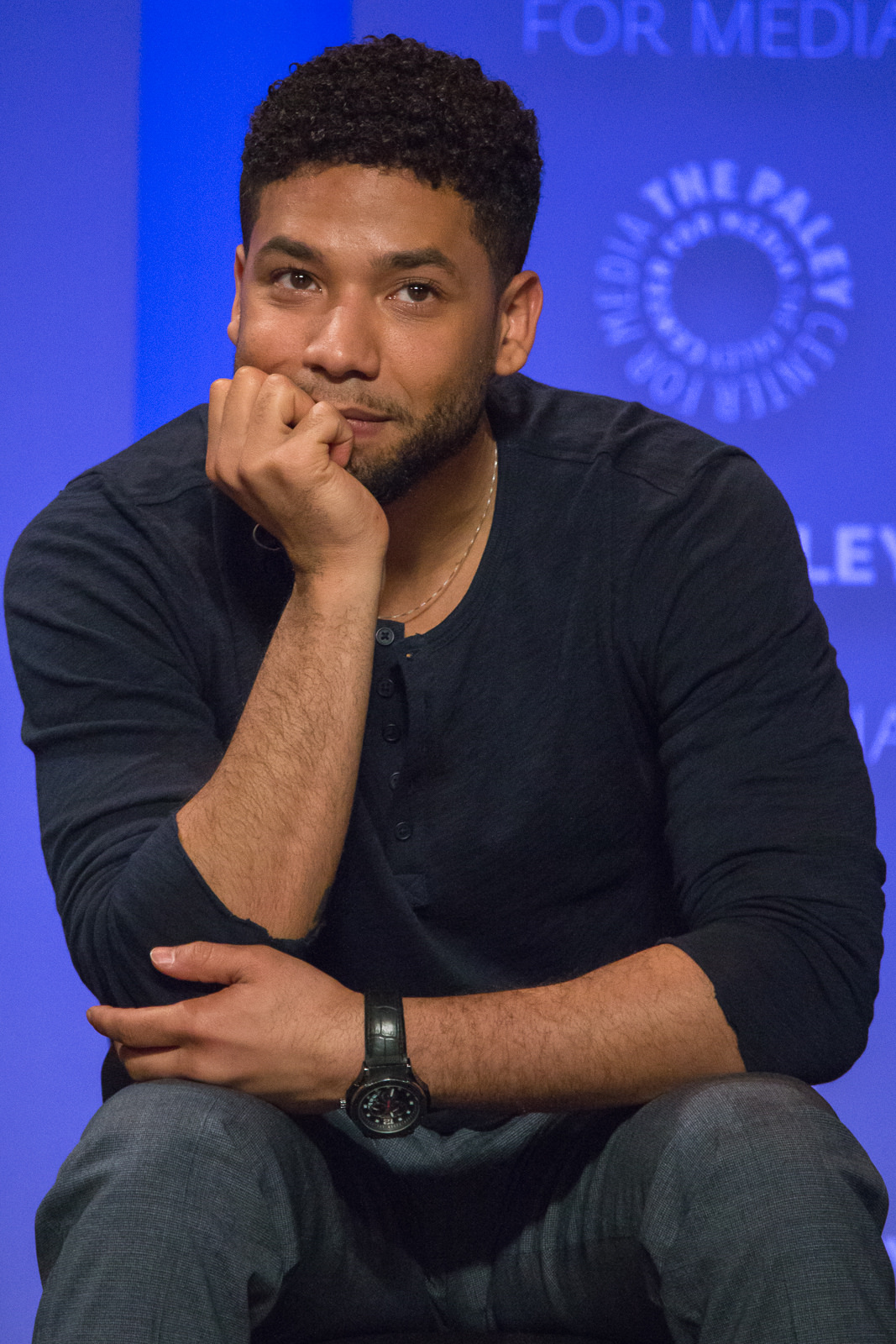
10. **Jussie Smollett: The Staged Attack That Cost Him Everything**Jussie Smollett was a rising star on the hit Fox series *Empire*, where his portrayal of Jamal Lyon earned him widespread acclaim and a strong following. He was a talented actor and singer, poised for a long and successful career in the entertainment industry. His work on *Empire* had made him a prominent figure, celebrated for his contributions to a groundbreaking show.
However, in early 2019, Smollett made headlines for a shocking reason: he reported experiencing a hate crime in Chicago, claiming he was attacked by two men who yelled racist and homophobic slurs. The incident drew immediate national attention and an outpouring of support, but the narrative quickly unraveled. Chicago police investigations revealed that Smollett had, in fact, staged the entire attack himself, a revelation that stunned and enraged the public. This act of deception irrevocably shattered his credibility and public trust, transforming him from a victim into a perpetrator in the eyes of many.
The professional consequences were swift and devastating. Smollett was immediately fired from *Empire*, a show that was in its fifth season, abruptly ending his role and leaving the writers to scramble. Charges were filed against him for making a false police report and wasting police resources, leading to a 2021 trial where he was found guilty of five out of six counts. He was sentenced to 150 days in county jail, though he was released on bond after just six days. While Smollett continues to maintain his innocence and the Illinois Supreme Court is hearing an appeal, his career has largely stagnated. He has appeared in only one recent project, which he also co-wrote, directed, and produced, and directed *B-Boy Blues*. Despite a recent comment from *Empire* co-creator Lee Daniels expressing a willingness to work with him again, it’s clear his mainstream acting career has suffered a monumental, likely irreparable, blow.

